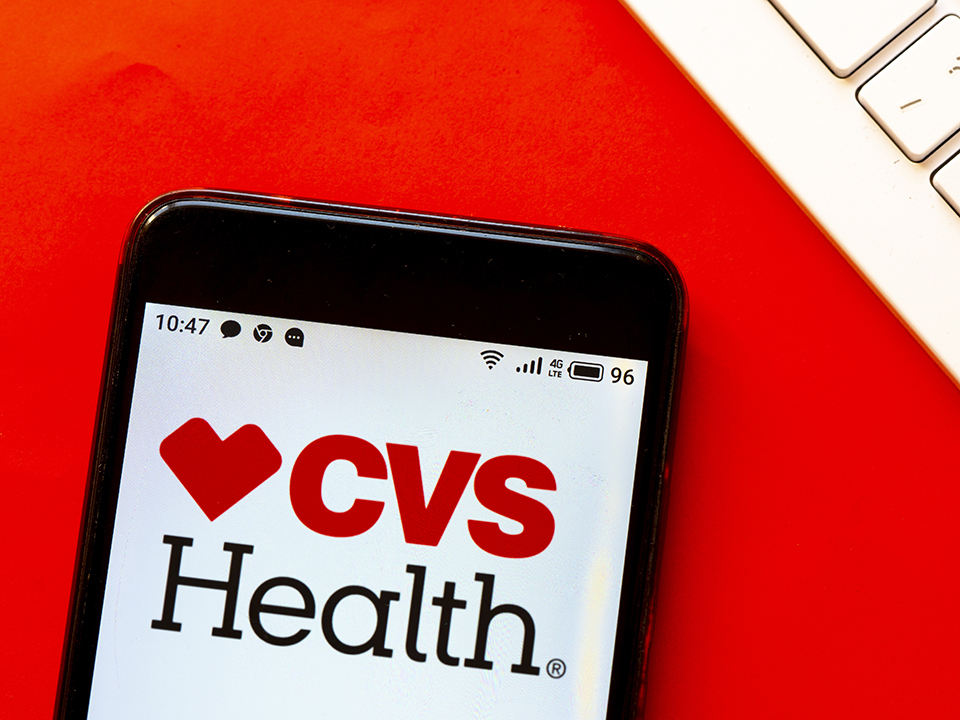Ask the Rational Investor: CVS Health is Cheap!

On almost every street corner it seems you can find either a CVS or Walgreens! The convenience of close-to-home pharmacy pick-ups can lead to the purchase of premium-priced milk and other items while you are there. Over time, CVS and Walgreens’ ability to maintain profitable store growth slowed, as the number of locations grew and pharmacy became more competitive with mail-order options.
Sluggish growth and profitability weighed on the industry and spurred a series of acquisitions and mergers for CVS. The latest merger, completed in 2018, was with Aetna health insurance. The combined companies use big data and the convenience of CVS’s locations to offer better solutions for patients and hopefully more profitable health insurance.
Perhaps you have noticed the CVS Minute Clinics, which offer more convenient healthcare options for minor issues, or the HealthHUBS. Since the merger, there have been more renovations and roll-outs of these areas.
To complete the merger the companies used debt and lots of it!
As the two companies increased their efficiency and added additional revenue from new products and services, they projected fast deleveraging of their balance sheet. Improved financial performance and fewer interest payments have started showing up in earnings growth.
In the last quarter, CVS Health beat expectations and increased sales and profit guidance. The underlying fundamentals are showing strong traction.
Many companies are doing well in today’s economy, but their valuations, or how expensive the stocks are relative to history, are also very high.
CVS Health looks to be relatively inexpensive compared to the broad stock market, and peer, UnitedHealth. In a low-interest-rate world, CVS Health has a dividend of around 2.5%, which is expected to grow over the next several years. From a traditional valuation perspective, they trade at 11.5x 2021 and 10x 2022 earnings estimates comparing favorably to UnitedHealth at 22 and 19x earnings.
To be fair, CVS and UnitedHealth are not perfect comparisons, as CVS carries a lot of debt and a slightly different business model. Over the next several years, as the debt burden continues to decline, likely, the valuation gap between UnitedHealth will slowly close.
Whenever a company has significant debt, the financial returns and stock performance are more susceptible to the economy. Before considering an investment in CVS, review with your portfolio manager to determine the appropriateness for your individual circumstances.
Sources: Company Reports, Goldman Sachs
Beese Fulmer Private Wealth Management was founded in 1980 and is one of Stark County’s oldest and largest investment management firms. The company serves high-net-worth individuals, families, and non-profits, and has been ranked as one of the largest money managers in Northeast Ohio.
